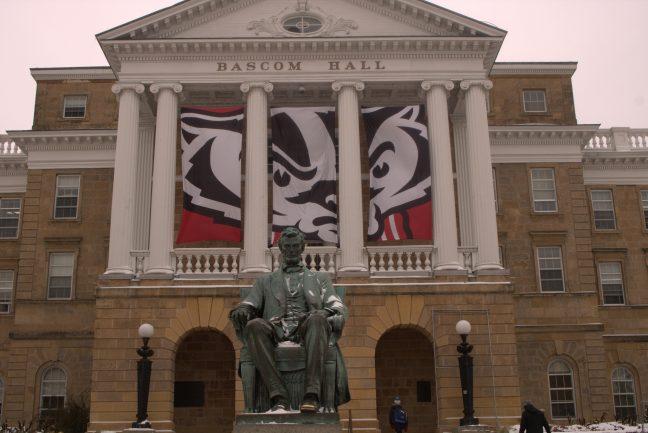In a recent study conducted by University of Wisconsin professor Dominique Brossard and her team, Americans indicated a relatively stable and high trust in scientists over the years.
Confidence in scientists remained the same even on controversial topics such as global warming and nuclear energy, according to the report published in the Public Opinion Quarterly.
Through the use of public opinion surveys, Brossard’s team analyzed data from 1973 to the present in order to gauge the level of trust in scientists throughout the decades. According to a press release, level of confidence in scientists remained high in the past 45 years for both Democrats and Republicans, aside from Democrats reporting higher confidence than Republicans in 2018.
“Science has been part of Americans’ lives for a long time, and they encounter it in a number of situations, from their doctors, to engineers to build bridges,” Brossard said. “I think Americans have consistently realized that science has helped improve their way of life for the last decade or so, and I think that explains why that has been pretty stable.”
After the 2017 March for Science, Brossard said she and her team decided to embark on the research due to the evolving rhetoric in the media regarding a “war on science.” Though the team knew trust in scientists was high based on previous studies, researchers wanted to see whether this level of trust had fluctuated in the last five years or so, Brossard said.
The “war on science” rhetoric emerged as people across the country protested Trump’s policies on climate change and vaccinations, according to the New York Times. Nevertheless, Brossard’s research suggests a war on science does not exist, as little differences were reported regarding the levels of trust in scientists among Democrats and Republicans.
“The media discourse that portrays that war on science is actually incorrect,” Brossard said. “If you go more in depth and you look at the American public as a whole, this is not something that’s actually real. So I think it reminds us to be very careful and not to take at face value what we see in newspapers — you need to go more in depth to see what’s going on.”
Science writers discuss public perceptions, misconceptions about science
While the general American public demonstrated a relatively high and stable level of trust in scientists throughout the decades, the report showed a disparity between rural and suburban residents.
Thirty percent of rural residents expressed confidence in scientists, compared to 40% among American public and 50% among suburban residents, according to the release.
“It’s not because rural residents trust [science] less, it’s because the urban and suburban residents trust more,” Brossard said. “And actually, we’re going to do more research to see what’s going on, because everybody was surprised by that.”
Regarding future research, Brossard said she and her team plan on returning to the initial findings of the study and employing more refined practices to uncover data specific to individuals at a more local level.
While the original study used aggregate data to determine public opinion, it did not examine such individual aspects. Brossard said she and her team could potentially use data from the National Election Survey to aid in the process.
“We don’t have access to data that’s attached to each individual,” Brossard said. “We want to get this individual data and find out the level of education, knowledge, trust, political ideology, and then we can do statistical analysis of this data we couldn’t [in the previous study] so we would like to do models that predict trust in science based on a lot of variables.”
Brossard’s study holds only partly true for UW freshman Christine Hou, who offered a differing perspective.
Though planning on majoring in a science-related field, Hou said she does not completely trust scientists.
“I would trust scientists generally because they’re trying to help the population,” Hou said. “But I don’t completely trust them because in the society we live in, a lot of things are based off profit, and [I feel] sometimes scientists develop [the] products that they develop for unreasonably high prices.”
According to the press release, opinions on scientists can affect how people interpret information regarding health and public policy.
Looking into the future, Brossard said she predicts the general public opinion will remain largely stable, but different factors can affect the public’s perception of scientists.
“I think it’s important to distinguish when we say trust in science, trust in scientists — there are a lot of different scientists and a lot of different types of sciences,” Brossard said. “So maybe when you move more granular that will fluctuate. But I’m confident that it’s going to stay pretty stable.”














